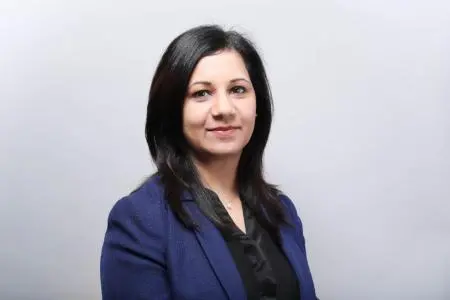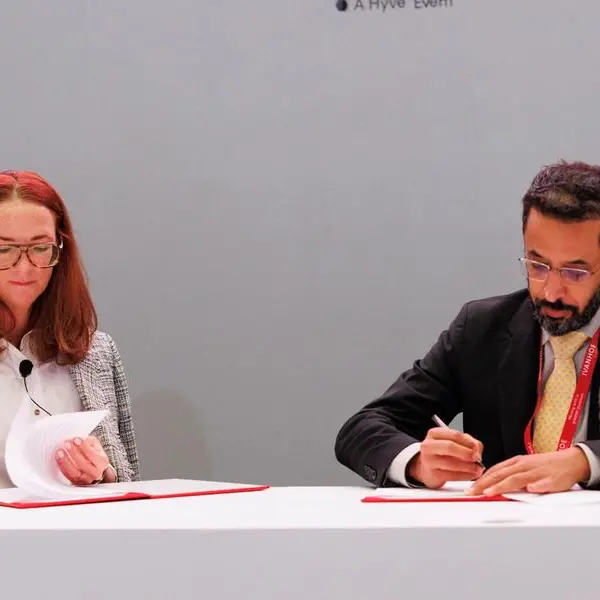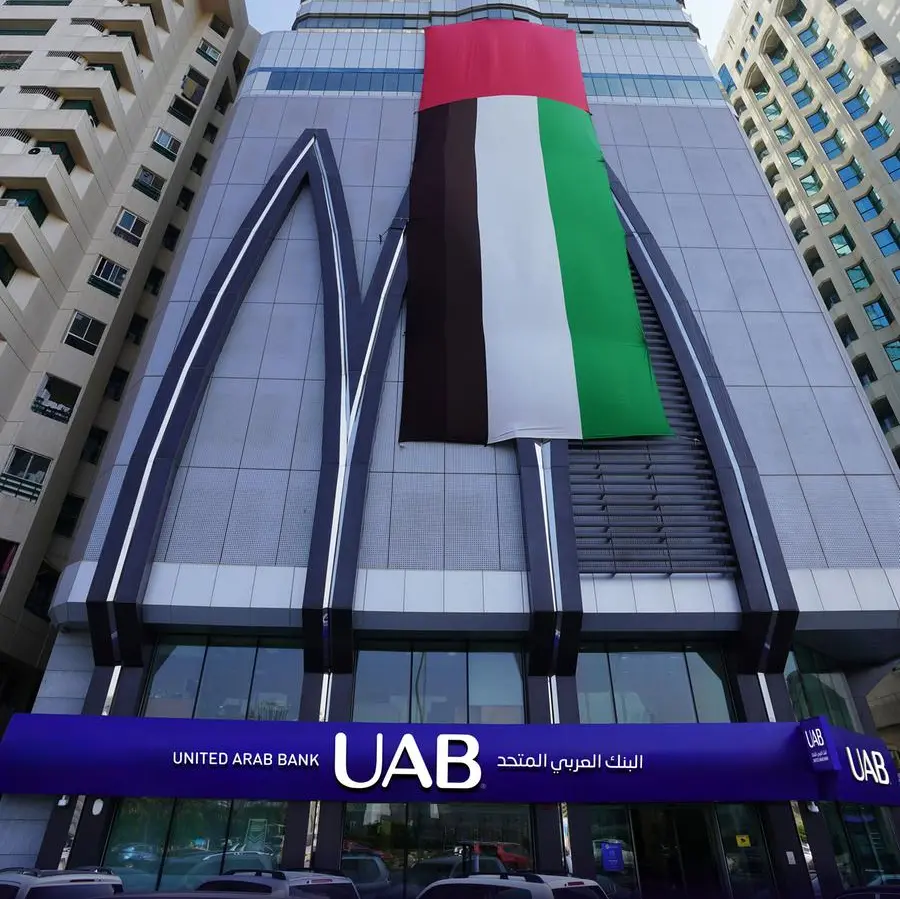PHOTO
End of Service Benefits (EoSBs) in the UAE is evolving and significant change is on its way, as revealed in a recent study by Zurich in the Middle East and Insight Discovery. The 2019 EoSB report follows on from research conducted 3 years ago and demonstrates that while local companies are still lagging their global counterparts when it comes to workplace savings plans, governments and regulatory authorities are pushing for reform. With the launch of the DIFC Employee Workplace Savings (DEWS) plan, we expect to see EoSBs evolve to a more optimal employee benefits structure.
Key Highlights
- 75% of companies do not set aside ‘ring fenced’ assets to cover their EoSB liabilities and make these payments from their operating cashflow.
- Of those that do set assets aside, 78% do not make these visible to employees.
- Cash accounts for over half of invested assets highlighting a mismatch between this short-term asset and what should be a long-term investment strategy.
- However, 81% of companies are open to change with the belief that a mandatory funding requirement would be positive.
- Proposed initiatives by the UAE government to reform the employee benefits system and the introduction of the DEWS Plan bring good news to the majority of companies that, according to the 2016 study, reported that they wanted rules for proper treatment and funding of EoSB liabilities.
In 2016, Zurich in the Middle East and Insight Discovery released a study which found that companies across the Gulf Cooperation Council (GCC) faced a key dilemma in relation to the EoSBs paid to employees leaving an organisation. Even though these companies faced increased costs associated with attracting and retaining talent, they did not ring-fence assets, making these payments directly from the operating cashflow and putting a further financial strain on the business.
The recently released follow up report shows a lack of progress in the way companies manage their EoSB liabilities. Not only do they measure these less frequently than they did three years ago, but almost three-quarters do not set aside specific assets to cover these liabilities and again pay these benefits out of operating cashflow. And even those companies that set aside assets for EoSB payments rarely cover the entire liability. Furthermore, over half of invested assets are held in cash meaning that investments do not keep pace with inflation and there is a clear mismatch between the short-term asset and what should be a long-term strategy.
Despite these somewhat discouraging findings, there is definite silver lining. 81% of survey respondents believe that mandatory funding requirements for EoSB would be a positive change. In addition, various government bodies have been looking for ways to improve the EoSBs system - particularly in the United Arab Emirates (UAE). The ground-breaking DEWS plan which was unveiled earlier this year by the Dubai International Financial Centre (DIFC), a global top 10 international financial centre, is the first of its kind to address this challenge, and is expected to influence further developments in the region.
Zurich in the Middle East has been selected as administrator for the plan and is currently in the process of setting up Zurich Workplace Solutions (Middle East) Limited, a new Zurich subsidiary in the DIFC to fulfil its role and support both employers and employees.
Reena Vivek, proposed Senior Executive Officer of Zurich Workplace Solutions says “Feedback from financial executives in the region reveals a real need for funded and professionally-managed, defined contribution plans that incorporate a voluntary savings component for employees. I am pleased to say that the DEWS plan addresses this need and we are proud to be selected alongside Equiom, a global trust services provider and master trustee of the DEWS Plan and leading global investment consultancy provider, Mercer to bring this solution to life within the DIFC.”
2019 is predicted to be the dawn of a new era for End of Service Benefits in the UAE. We should expect to see greater disclosure about the size of EoSB liabilities and an increase in employee education about the benefits of workplace savings. The DEWS Plan combined with growing support for reform by various government bodies will likely see a wave of improved employee benefit structures for companies large and small in the region.
For any media enquiries, please contact:
Shaila Bali
Head of Communications – Zurich Middle East
Email: shaila.bali@zurich.com
www.zurich.ae
Nigel Sillitoe
CEO of Insight Discovery
Email: sillitoe@insight-discovery.com
Disclaimer: The contents of this press release was provided from an external third party provider. This website is not responsible for, and does not control, such external content. This content is provided on an “as is” and “as available” basis and has not been edited in any way. Neither this website nor our affiliates guarantee the accuracy of or endorse the views or opinions expressed in this press release.
The press release is provided for informational purposes only. The content does not provide tax, legal or investment advice or opinion regarding the suitability, value or profitability of any particular security, portfolio or investment strategy. Neither this website nor our affiliates shall be liable for any errors or inaccuracies in the content, or for any actions taken by you in reliance thereon. You expressly agree that your use of the information within this article is at your sole risk.
To the fullest extent permitted by applicable law, this website, its parent company, its subsidiaries, its affiliates and the respective shareholders, directors, officers, employees, agents, advertisers, content providers and licensors will not be liable (jointly or severally) to you for any direct, indirect, consequential, special, incidental, punitive or exemplary damages, including without limitation, lost profits, lost savings and lost revenues, whether in negligence, tort, contract or any other theory of liability, even if the parties have been advised of the possibility or could have foreseen any such damages.




















